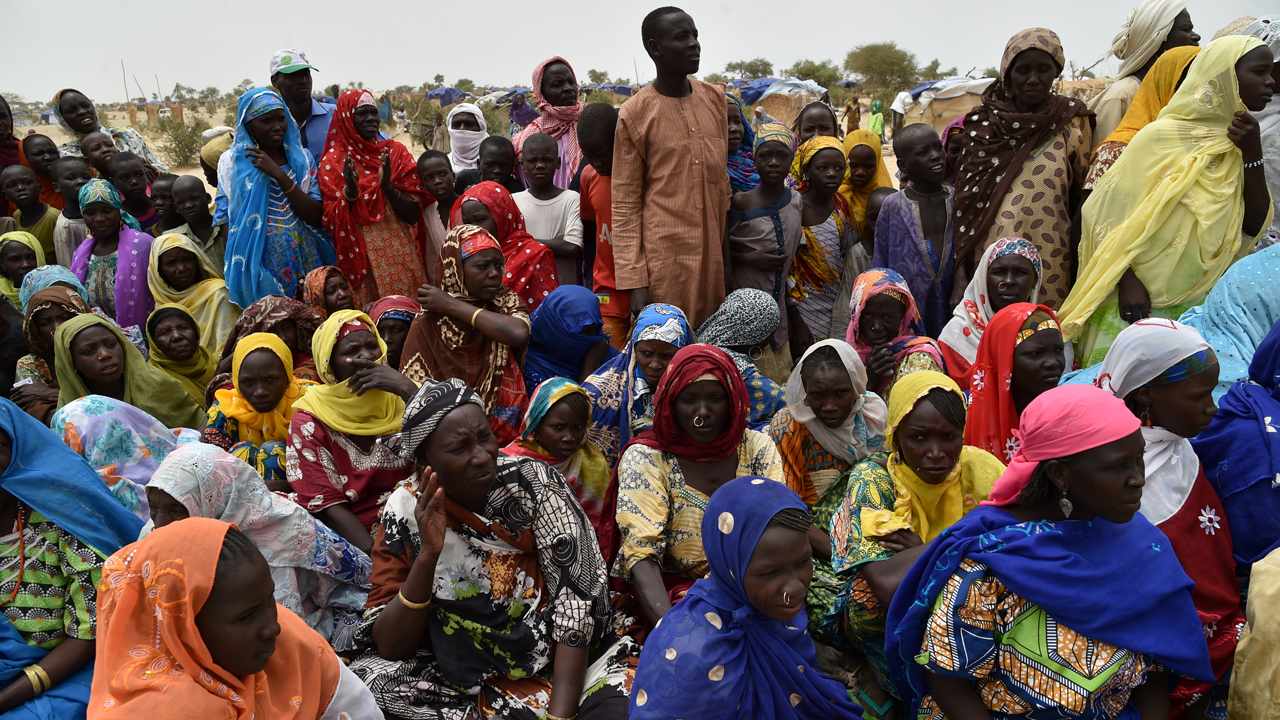
The plans to mitigate the rising levels of insecurity have however neglected the adequate welfare of its victim (case in point, the orphans). Truth be told, just as socio-economic development and security in any country, is a product of human capital investment, so is the preponderance of insecurity. In fact, insecurity is fuelled by the existence of willing, ignorant or coerced individuals who typically have nothing to lose.
Unfortunately, children fit into this picture, so well. Ironically, insecurity is driven by the availability of people and insecurity equally ensures the availability of people, even though it sponsors gratuitous killings. The stakeholders who benefit from the proceeds of insecurity know the value of human capital and as such target women and children as trophies of their escapades.
Another painful truth is that when more and more orphaned children are repeatedly ignored by the government and other care givers, the more they are groomed for a life of crime. Like it or not, some of the people who perpetrate the crimes of insecurity are the same children of communities who have been victims of insecurity. One more sad truth is that no one is impervious to insecurity and its challenges irrespective of your location, position or resources. Insecurity has a way of hunting everyone down sooner or later and if you are not a direct victim, you might just be an indirect victim when you lose your loved ones to this menace.
While we can all talk, blame, strategize and sigh at the spate of insecurity, our posterity will never forgive us if these are all we end up doing. Fighting against insecurity is both an individual and collective effort. Orphanages in Nigeria should be re-assessed to evaluate their capacities and resources. In addition, more orphanages should be established in the country. Individuals and governments should assist orphanages in capacity and resource building while creating room for accountability.
Data about orphaned children must be quickly collated in their communities and this information used to distribute these children to orphanages if there is no family member that can be located and immediately to take up their care. Individuals can also work with security agencies such as the Police or the Nigerian Civil Defence Corps to ensure that children who beg for alms or loiter around are quickly taken off the street to orphanages, which will cater to them.
A department in these security agencies should be dedicated to this work since it is very sensitive. Furthermore, we must also factor in the dynamics of foster-parenting in Nigeria. Nigerian orphanages may not be adequate to accommodate the high numbers of orphaned children scattered across the country.
Beyond this, orphaned children need food, clothes, education, health-care, alongside a good support system to thrive and this is usually present in a balanced family setting. Families who are willing to foster orphaned children should be located and the necessary training, documentations, and agreements are drawn up.
Religious organisations will play a very prominent role in raising awareness about fostering in their gatherings while further extending their hands of “Religious Social Responsibility” by donating more funds and materials to foster families and orphanages.
This definitely does not exclude the government’s role as an administrator, provider, and negotiator. Every orphaned and fostered child in Nigeria belongs to the Nigerian government and the government must be at the forefront in ensuring their well-being and safety.
Nelson is CEO, Shield of Innocence Initiative, an Ibadan based NGO campaigning for rights of children.






